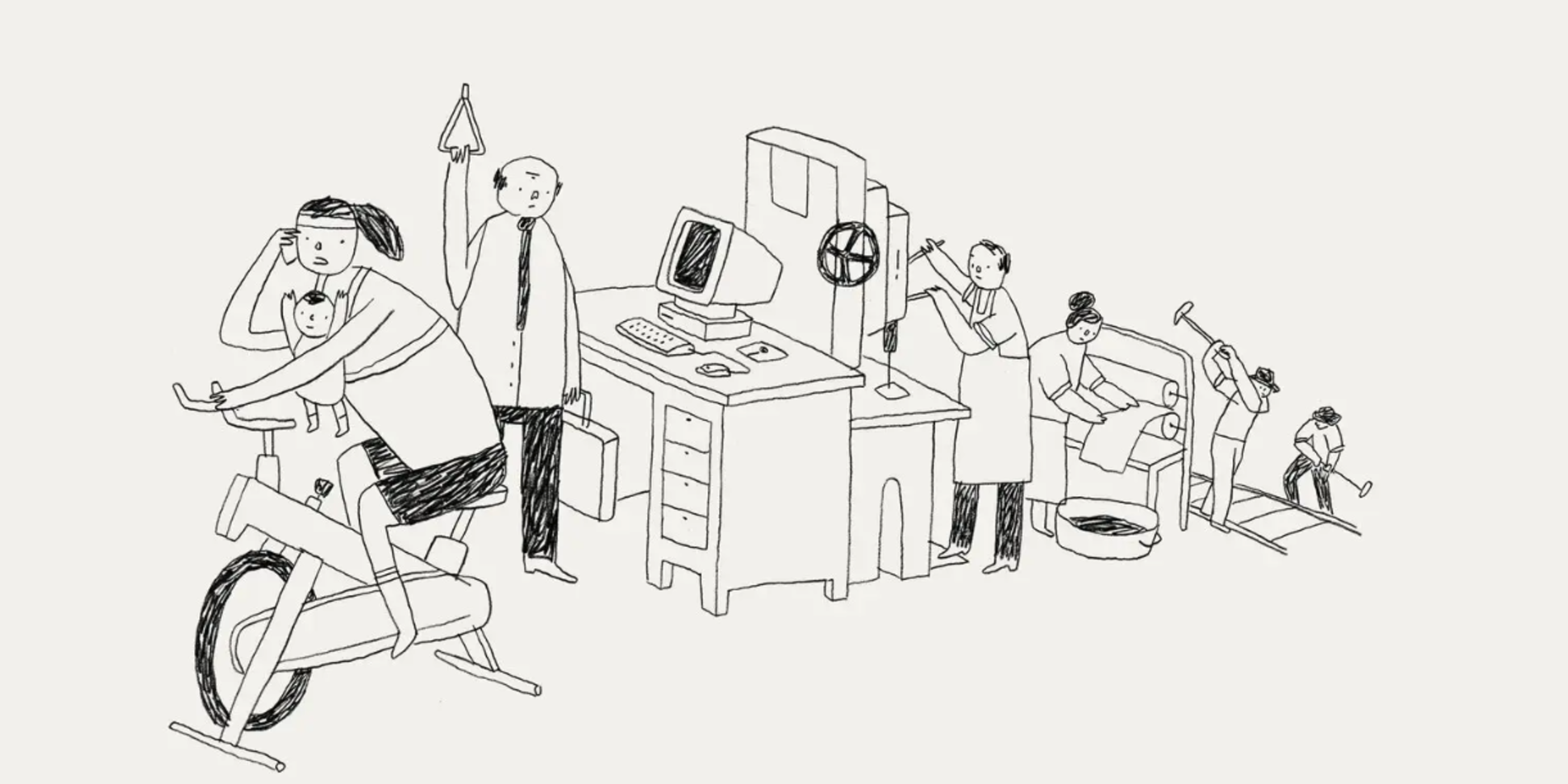Main content start
In the Department of Communication, we study the ways that communication techniques and technologies shape who we are, how we govern ourselves, and what kinds of cultures we inhabit.

You Call This ‘Flexible Work’?
Labor fought for a long time to draw a bright line between work and home. It took almost no time at all to erase it.
Research by Fred Turner

Interpersonal Communication
A Dynamic Dyadic Systems Approach to Interpersonal Communication
Research by Nilam Ram

Concern About Global Warming
Climate is taking on a growing role for voters.
Research by Jon Krosnick

Democracy’s Detectives
Computational journalism promises to lower the cost of investigative journalism and increase demand among readers.
Research by James Hamilton








